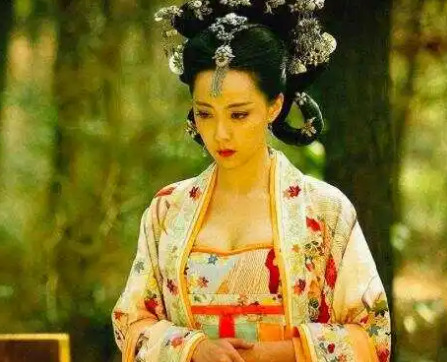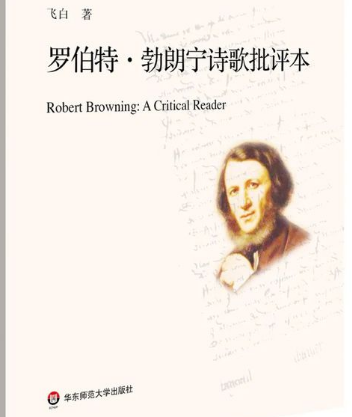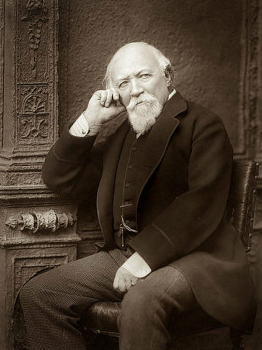In the ancient feudal society of China, the marriage of the royal family was an important part of national affairs, especially the marriage of princesses, which was strictly constrained by etiquette and institutions. As the feudal dynasty closest to us, the Qing Dynasty had a unique set of rules and procedures for the marriage of princesses. These rules not only reflected the values of the society at that time, but also demonstrated the royal family's emphasis on bloodlines, power, and political alliances.

I. Traditional Rules of Royal Marriage in the Qing Dynasty
As a multi-ethnic dynasty, the Qing Dynasty's marriage system integrated the traditions of the Manchu, Han, and other ethnic groups. For royal members, especially princesses, their marriages were usually decided by the emperor personally and involved a series of complex political considerations. The marriage of princesses was not just a personal matter, but also a political arrangement closely related to national affairs.
II. Standards and Procedures for Selecting the Prince-Consort
Selecting the prince-consort, or choosing the husband for a princess, had very strict standards and procedures. Firstly, candidates were usually from powerful and noble families, to ensure the purity of the royal bloodline and the matching of social status. Secondly, the personal character, academic abilities, and health status of the candidate were valued. Finally, factors such as family background and political stance were also considered to ensure that the marriage could bring stability or beneficial political alliances to the court.
III. The Role of Political Marriages
In the Qing Dynasty, the marriages of princesses were often used as a means to consolidate rule, expand influence, or quell political disputes. By marrying princesses to meritorious officials or foreign leaders, the emperor could strengthen alliances with these forces and thereby maintain the stability of the court. This practice of political marriage often sacrificed the personal wishes of princesses, but was also a means of safeguarding national interests at that time.
IV. The Personal Circumstances of Princesses
Despite being born into a privileged family, princesses in the Qing Dynasty rarely had the right to choose their own marriages. Their lives were strictly regulated, and even after marriage, they were often subject to surveillance and restrictions. These rules not only limited the personal freedom of princesses but also affected their happiness to some extent. However, such sacrifices were considered to be fulfillments of national and family responsibilities at that time.
Conclusion:
The marriage rules of princesses in the Qing Dynasty were reflections of the unique social institutions and cultural traditions of that era. By understanding these rules, we can gain a deeper understanding of the choices made by royal members between personal happiness and national responsibilities, as well as the political significance of marriage in ancient society. Although the times have changed, these historical memories still play an important role in helping us understand the past, reflect on the present, and envision the future.
Disclaimer: The above content is sourced from the internet and the copyright belongs to the original author. If there is any infringement of your original copyright, please inform us and we will delete the relevant content as soon as possible.
































